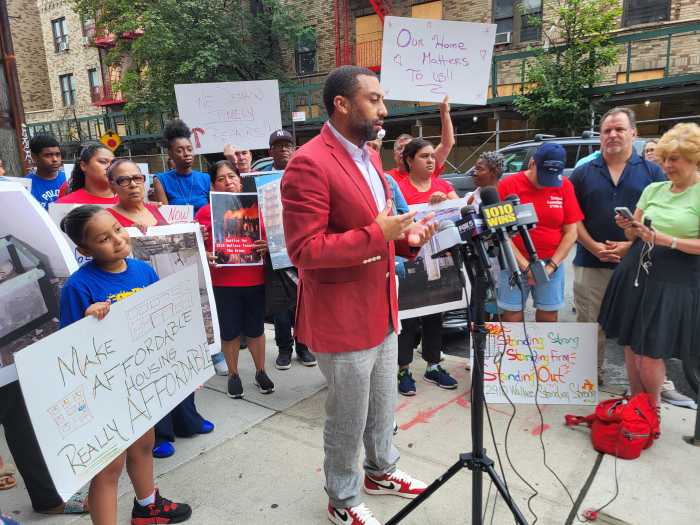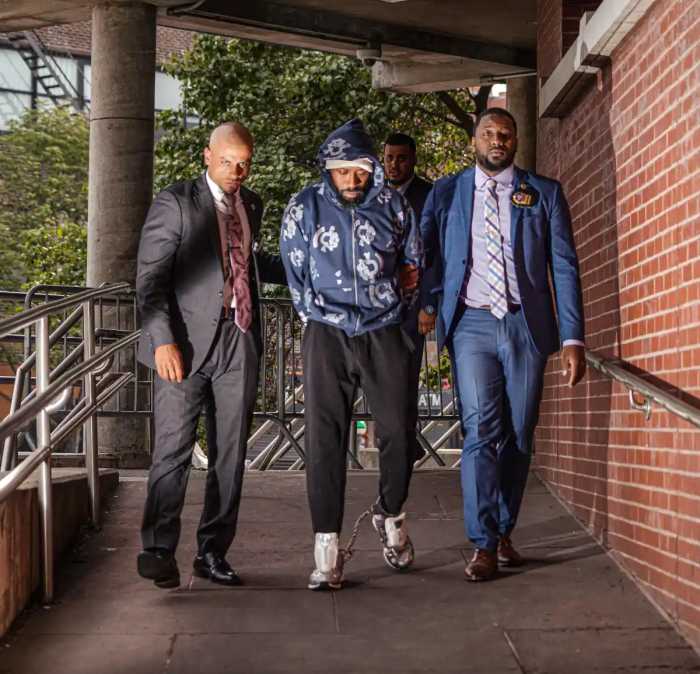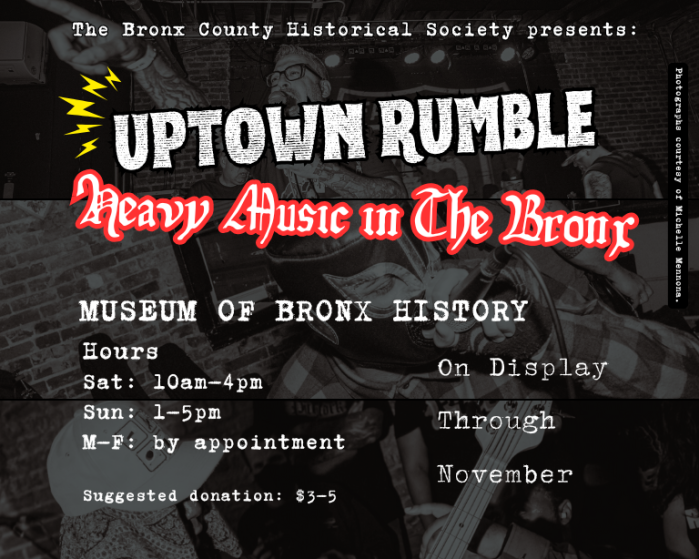Before Community Board 10 acts on a liquor application, it will require the applicant to agree in writing to follow its recently enacted guidelines.
The 12 guidelines, which were developed by the board’s economic development committee, includes asking the establishment to install an identification scanner, take ADAPP’s TIPS training, conform to FDNY guidelines, refrain from hiring a promoter, not offer bottle service or permit dancing, only employ bouncers who have passed background checks, post signs reminding patrons they are in a residential neighborhood and not move tables for dancing.
If a potential licensee, whether it be an established bar or restaurant, or a new business, does not sign the stipulation, a letter is sent to the State Liquor Authority making note that it did not comply with the community standards, CB 10 district manager Kenneth Kearns.
“We just had no choice,” Kearns said. “We had an informal review of liquor-serving establishments, but the Pompeii situation has made it all the more difficult, and the public wants stricter oversight.”
If an establishment does agree to sign the stipulations, it then becomes attached to their liquor license, making it easier for the State Liquor Authority or another agency to ask that the establishment take corrective action if a problem should arise, Kearns said.
Furthermore, if an establishment is having a difficult time with one of the standards, they may ask the board for a variance before a letter is sent to the State Liquor Authority, which has the final and only say in whether or not an establishment is granted a license.
“This is a simple agreement that can be modified,” said CB 10 Economic Development Committee member Robert Bieder. “For example, I.D. scanners can sometimes be expensive and it might not make sense for a small restaurant.”
The board just wants a leg to stand on with the SLA should problems arise, said Bieder, who feels this agreement, modeled after a similar one in Manhattan’s Community Board 2, may do the trick.
The agreement spells out clearly what is expected of establishments selling liquor in CB 10, and give the SLA grounds for enforcement if needed.
Kearns said that the board is reacting to the genuine concern and anger over the operating behavior of establishments like Pompeii Lounge at 3133 E. Tremont Avenue, and others, whose issues with the community have been documented in the pages of the Bronx Times Reporter.
“The SLA only asks the board for advisory input,” Kearns said. “If they don’t sign, that is fine, because they don’t have to sign, but we will send a letter to the SLA asking that they take this into account when reviewing the application. If the board does that a few times, and some one gets denied, it will send a strong message.”



















